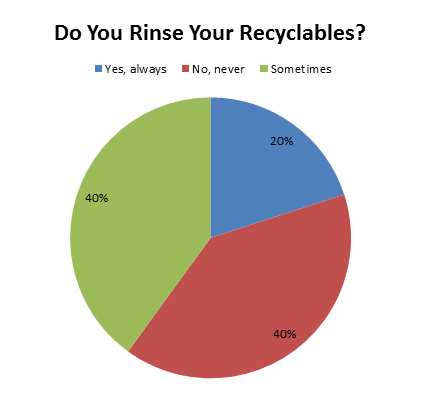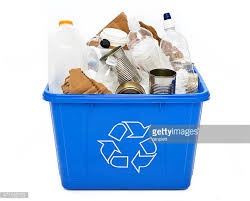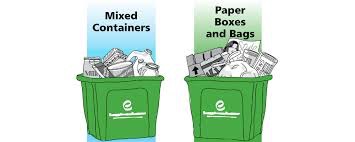 Loading... Please wait...
Loading... Please wait...Recyclables: To Rinse or Not to Rinse ...
Posted by Drew Eisen on 04-26-2018
In a recent Parkway Plastics' poll on Twitter, followers were asked, "Do you rinse your recyclables before putting them in your recycling bins?" Only a small percentage (20%) answered "Yes, always" while "No, never" and "Sometimes" were tied at 40 percent.
As a kid who grew up in the '90s, I observed Earth Day, worshiped Captain Planet and even forced my parents to let me phone in to Nickelodeon’s eco-friendly‘Big Help ’telethon, three years in a row. So it made sense that my primary chore growing up was recycling.
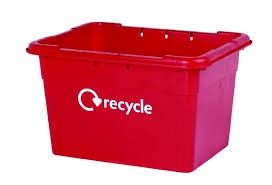
In addition to lugging one or two overflowing red bins to the end of the driveway every Sunday, I also found myself tasked with ensuring items were ‘collection-ready’. And back in 1996, this was serious business: our local recycling collectors wouldn’t hesitate to leave behind any item that wasn’t sufficiently cleaned or stripped of its labels. Naturally, I took each rejected item as a personal affront and strike against my decency as a young, eco-conscious American. So, I made it my mission to please the recycling Gods by adequately prepping each and every item that made it to the red bin. And twenty-something years later, I’m still just as agro when it comes cleaning items I plan to recycle.
But why?
Is all that rinsing and fretting really necessary? And what, exactly, is the point of scrubbing the hell out of an old jar of peanut butter if it’s about to be recycled and re-purposed anyway?
After a little digging, here are some quick answers I was able to uncover:
Is it a good idea to put a little effort into cleaning items you plan to recycle? Yes.
Is it worth obsessively cleansing every last drop, or smear or speck of food from the waste you’re going out of your way to recycle? Not really.
The amount of time (and energy) you should spend rinsing your recyclables depends on the type of recycling ‘system’that’s employed in your community.
In single-stream recycling, everything from newspapers to detergent bottles are placed in one bin and it’s important to rinse items thoroughly because residue on a glass bottle, metal can, or plastic tub could be transferred to paper products, making the paper un-recyclable and landfill-bound[1]. However, in a dual-stream system, where recyclables are pre-sorted, thoroughly cleaning items prior to disposal is less of a necessity.
While some people worry that one dirty item can ruin an entire system, that’s unlikely[4] as residue left on plastic or glass containers typically gets flushed out with water at some point in the recycling process[5].
However, there is one often-overlooked downside to recycling less than clean items that I found pretty surprising: the dirtier the recycling, the more it may cost your town or municipality.
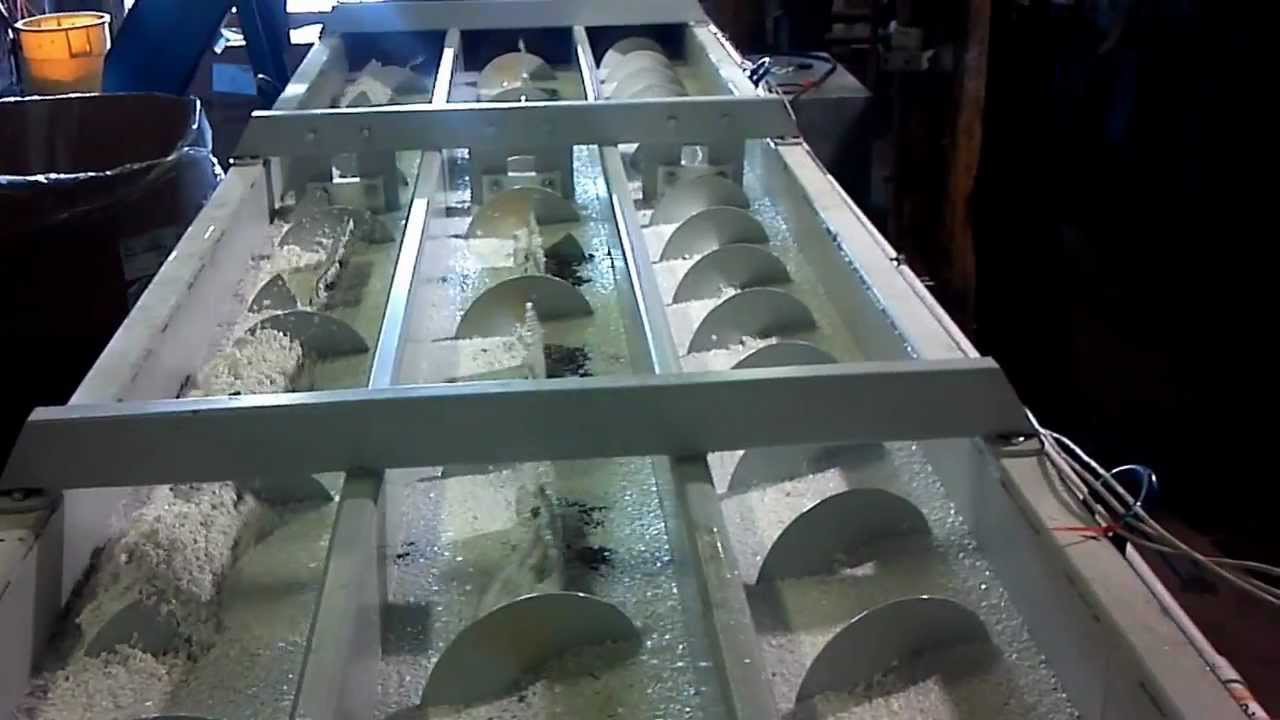
April Stearns at Recycle Nation explains “When recyclables are contaminated, their market value decreases quite a bit, which means the recycling service provider has less money to spend on improving their services.”[6]
Conversely, “the cleaner your containers, the more they’re worth on the recyclables market,”notes Kiera Butler of Mother Jones. “Municipal facilities first sort recycling by type (paper, several kinds of plastic, tin, etc.), and then by quality. Workers separate clean recyclables from soiled ones, into bales.”
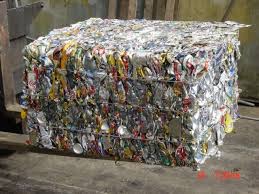
Explains Robert Reed, spokesperson for Recology, the company that runs San Francisco’s recycling program, ’If the bale [of recycled material] is lower quality, there is less revenue coming back into the system from the sale of recyclables, which helps pay for the program.” Butler’s takeaway: “By providing clean recyclables, you can actually save your city (and ultimately, taxpayers) money.”[7]
So, what’s my big takeaway? Apparently recycling —like everything else in this world —is about money. But if rinsing old cans and jars can help the Earth at the same time as it makes some extra scratch for my town, I’m fine with that. And even though it may not be 100% necessary, I’ll probably continue to scrub my old cans and jars until they sparkle.
I think Captain Planet would approve.
What's your takeaway? Let us know! Send us an email, or tweet your comments @ParkwayPlastics on Twitter.
DID YOU KNOW: Parkway Plastics' products are reusable and recyclable! Check with your local recycling center to find out where your recyclables are accepted. Not sure where to begin? Check out Earth911's search tool, which allows you to enter the material you want to recycle and search by zip code - or call 1-800-Cleanup.
SHOP NOW & SAVE

ENTER COUPON CODE: BLOG5 to save 5% off your order over $250 at ParkwayJars.com!
__________
Drew Eisen grew up in New England and is a Los Angeles based writer, music fan and full-time dog-lover.
[1] https://recyclenation.com/2015/08/do-we-really-have-to-wash-containers-before-recycling-them/
[2] https://usm.maine.edu/sustainability/recycling
[3] https://www.google.com/search?q=dual+stream+recycling&source=lnms&tbm=isch&sa=X&ved=0ahUKEwjnz8f6ytHaAhVii1QKHW6XBWQQ_AUICygC&biw=1241&bih=666#imgrc=8aXc9GAWr1jjHM:
[4] https://recyclenation.com/2015/08/do-we-really-have-to-wash-containers-before-recycling-them/
[5] http://www.slate.com/articles/health_and_science/the_green_lantern/2009/02/clean_jar_clean_conscience.html
[6] https://www.youtube.com/watch?v=GtlihM9m08Y
[7] https://www.motherjones.com/politics/2011/02/clean-food-containers-recycling/
Recent Posts
- » Conflict Minerals - What are they and what do they mean for your business...
- » Coronavirus fears have you worried about your favorite hand sanitizer being out of stock? Make your own homemade hand sanitizer!
- » Apothecary Jars: Plastic and Glass Apothecary Jars in a Variety of Sizes, Shapes and Color available from Parkway Plastics Inc.
- » Introducing the Mini Box with Child Resistant Tab (1.75 oz)
- » Introducing the Brick Box with Child Resistant Tab (5.5 oz)

